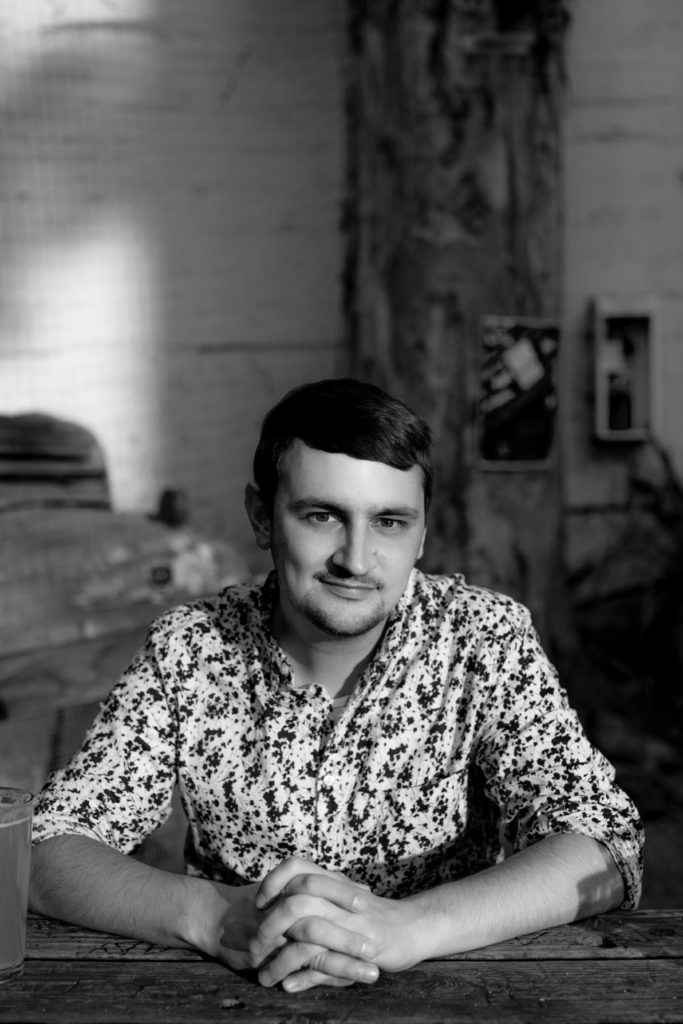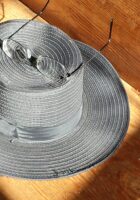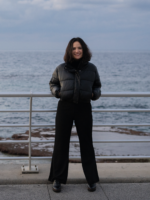Poem of the Week | December 16, 2018

John James “At Assateague”
This week we present a Poem of the Week from John James. His poems appear in our Fall Issue (41.3) “Practical Living.”
John James is the author of The Milk Hours, selected by Henri Cole for the Max Ritvo Poetry Prize and forthcoming in June 2019 from Milkweed Editions. His poems appear in Boston Review, Kenyon Review, Gulf Coast, Poetry Northwest, Best American Poetry 2017, and elsewhere. His work has been supported by fellowships and awards from the Bread Loaf Environmental Writers’ Conference, the Academy of American Poets, and Georgetown University’s Lannan Center for Poetics and Social Practice. He lives in the San Francisco Bay Area, where he is pursuing a Ph.D. in English at the University of California, Berkeley.
At Assateague
The sun is a thin line of red
broadening over the bay.
It slices the horizon, strikes light
into a darkness poised
to disclose some secret the night
couldn’t shake out of it.
Trout smokes over hot coals.
Wild ponies in the distance
charge along the strand, kick sand
up behind them, an inelegant cloud
that smears the dawn’s gouache.
It’s unbearable, this scene,
its sickening romance.
Still I want to hold it, to freeze
its sudden architecture
in the flotsam of the beach—
to suck the ichor from its rib.
It wouldn’t sustain me, I know.
The gulls turning their circles
would grow dull.
I’d berate the sand flea’s itch.
The gravitation of the tide’s pull
would choke me with ennui.
Pear blossoms soon give way to pears,
I’ll never stop eating them.
Author’s Note
“At Assateague” was written in advance of a trip to Assateague Island, in the Chesapeake Bay, while I was living in Washington, DC. At some point, I realized I had built the trip into an escapist fantasy that the actual experience probably couldn’t live up to. Halfway through writing the poem, I turned on that romanticization, and attacked it, which forms the poem’s major shift: “its sickening romance.” Because of complicated travel logistics, the trip never actually took place, and so the poem has become, for me, a bizarre exercise in future-thinking that excises that mode’s more insidious hazards.
SEE THE ISSUE
SUGGESTED CONTENT

Poem of the Week
May 06 2024
“from Elam House (Austin, Minnesota)” by G.C. Waldrep
“from Elam House (Austin, Minnesota)” by G.C. Waldrep is our Poem of the Week. G.C. Waldrep’s most recent books are feast gently (Tupelo, 2018), winner of the William Carlos Williams… read more

Poem of the Week
Apr 29 2024
“This Body is a Songbird in a Kiln” by Athena Nassar
“This Body is a Songbird in a Kiln” by Athena Nassar is our Poem of the Week. Athena Nassar is an Egyptian-American poet, essayist, and short story writer from Atlanta,… read more

Poem of the Week
Apr 22 2024
“Faith” by Nur Turkmani
“Faith” by Nur Turkmani is our Poem of the Week. Nur Turkmani lives in Beirut and researches social movements, gender, displacement, and agriculture. Her writing appears in West Branch, The… read more

